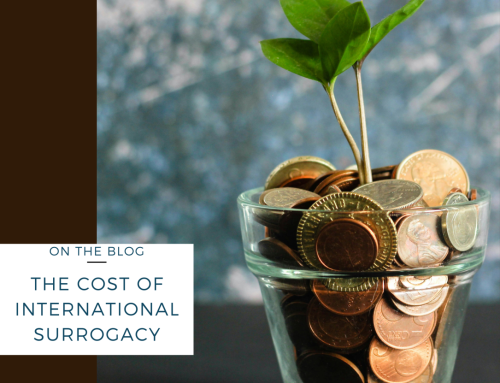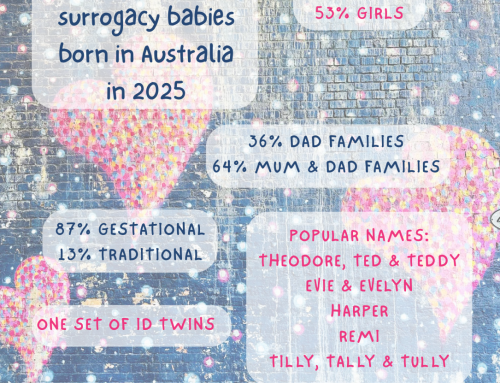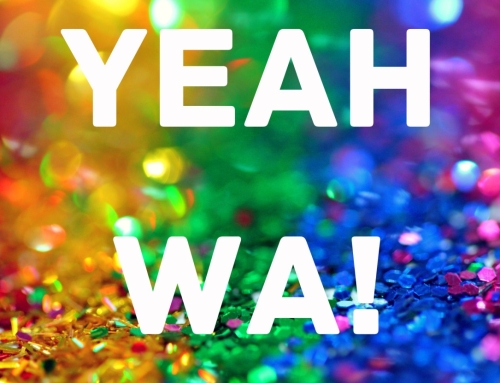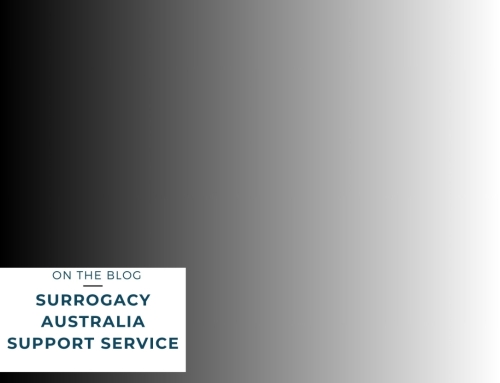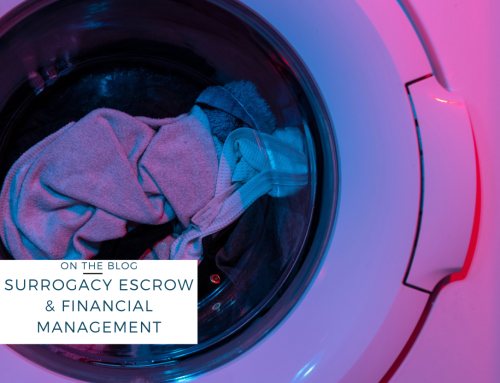Egg donation in Australia is one of those topics that gets some interest on social media occasionally, and a warm fuzzy headline now and again, but good quality information and resources are lacking. There are restrictions on advertising for an egg donor, and whether you’re a donor or a recipient, finding the right information can be a matter of tenacity.
If you are interested surrogacy, you can read about how to find a surrogate, or how to become a surrogate yourself. You can also download the free Surrogacy Handbook which explains the processes and options.
Looking for a surrogate and not sure where to start? We Need a Surrogate – What’s Next? And if you have a surrogate or intended parents, you can get started on the surrogacy process.
You can read a broad overview for surrogacy in Australia and how it works.
Sarah has published a book, More Than Just a Baby: A Guide to Surrogacy for Intended Parents and Surrogates, the only guide to surrogacy in Australia.
So, what is the deal with egg donation in Australia?
Firstly, it is altruistic. Egg donation in Australia is unpaid, meaning donors, like surrogates, cannot be paid for providing their eggs, but they must have their medical and out of pocket expenses covered. Unfortunately, there are no clear guidelines in Australia about what expenses must be covered, which means this can be different across clinics and states. A better system, perhaps, is that which exists in the UK, where egg donors can claim up to £750 for expenses, regardless of where they donate or their particular circumstances.
Gone are the days when someone can donate sperm or eggs completely anonymously. We know better, and we do better. The child’s interests are now recognised as paramount, and we acknowledge that donor-conceived people have a right to know their genetic heritage and have access to information about their donors, and their genetic relatives. And while everyone is different, and every family is different, it is the access to information, if they want it, which is important.
Donor-conception, whether as a donor or recipient, is complex and should involve deep consideration for the consequences, and importantly for the rights and interests of any donor-conceived people that result. By law, they have a right to know of their donor-conception and have access to information about their donor. Research shows that donor-conceived people benefit from knowing their story from an early age, and having access to information, and the opportunity of a relationship with their donor may also be something they want.
How do egg donors and recipients meet?
In the case of egg donation in Australia, most clinics do not have access to an egg bank, and there are less egg donors than there are recipients. Egg donation, unlike clinic-recruited sperm donation, often involves recipients and donors meeting and getting to know each other before the donation occurs.
Donors and recipients often want to know the criteria required for a donor. There are no laws determining the age or requirements for donors. Many clinics will have age limits, and may also say that the donor must have had their own child – these are not legal requirements. Many women are still donating in their late 30’s, and many donors have never had their own child. There are reasons for age restrictions – an older donor is less likely to produce as high numbers of eggs as a younger donor. But fertility is fickle and unpredictable, and a 37 year-old donor might provide excellent numbers and quality and a 25 year-old donor might have less success. You can expect that most clinics will be reluctant to cycle with a donor in her 40’s.
There are no government-run egg donor recruitment options. Most people find each other on forums, such as Egg Donation Australia. There’s also a Facebook group which is worth joining.
You may also consider telling your story to friends and family. Many recipients like the idea of a genetic link between themselves and their donor, so asking sisters and cousins is a good option. Keep in mind, donation isn’t for everyone, and many women can’t fathom sharing their genetics beyond making a child with their partner.
What’s involved in being an egg donor?
Egg donation in Australia involves counselling for the donor, her partner, and the recipients. The counselling should cover everyone’s motivations and expectations in going ahead with the donor-arrangement, including expectations for future relationships and for the child’s relationship with the donor and their family.
Once the counselling is completed, the donor can commence an IVF cycle, with the intention that the eggs collected will be fertilised with sperm from the recipient (or a sperm donor) and used by the recipients to achieve a pregnancy, either themselves or through a surrogacy arrangement.
The donor details are kept by the clinic, and in some states, in a register managed by government. The Registers are private, but donors, their offspring, recipients and donor-conceived people can apply to access information on the Register.
You can read my reflections on egg donation; Seeing Yourself in Someone Else’s Child.
Is the Donor Considered a Parent?
No, is the short answer. At birth, the presumption is that the birth mother is the legal parent, and if she has a partner, they are also the legal parent. While the donor is genetically linked to the baby, genetics alone does not make a parent. The donor will have no parental rights or responsibilities for the child.
If you are an egg donor or recipient of donor eggs, there is no harm in obtaining legal advice about your rights and responsibilities. However, the clinic process and counselling should address the consequences and legal aspects of donation. Many egg donor arrangements proceed successfully without any need for the parties to obtain legal advice. Some teams like having a written agreement which outlines their expectations for the future relationship, such as what time the donor will spend with any children that result from the donation. Any written Agreement is unenforceable, but might be useful to make sure everyone is on the same page.
Can I have a donor from overseas?
Some intended parents travel overseas for an egg or sperm donor. Other countries have different regulations, and many allow commercial (paid) gamete donation with anonymous donors. You should consider whether this is the right option for you, with consideration for what this means for the future child. Donor conception is no longer anonymous, even if the parties think it is when they conceive the baby – consumer DNA testing now offers donor-conceived people the opportunity to find and connect with their donor and donor-conceived siblings. Donor conceived people generously share their perspectives and you can read more about those reflections from donor-conceived people.
If you are seeking a donor overseas, or seeking to bring donor gametes into Australia from another country, you need to consider the impact that regulation of importing and exporting gametes may have on your plans. Australian clinics may not be able to import your donor gametes if they were obtained commercially or with an anonymous donor.
Resources
For more resources about donation:
Setting Expectations for a Donor Arrangement is really important for making sure everyone is on the same page.
Sperm Donation and laws: Joe Donor and the Consequences of Online Conception
Donor reflections: Podcast interviews with Carla or Amber, and from donor-conceived person, Hayley.
You can find information about surrogacy in the free Surrogacy Handbook, reading articles in the Blog, by listening to episodes of the Surrogacy Podcast. You can book in for a consult with me below, and check out the legal services I provide.




